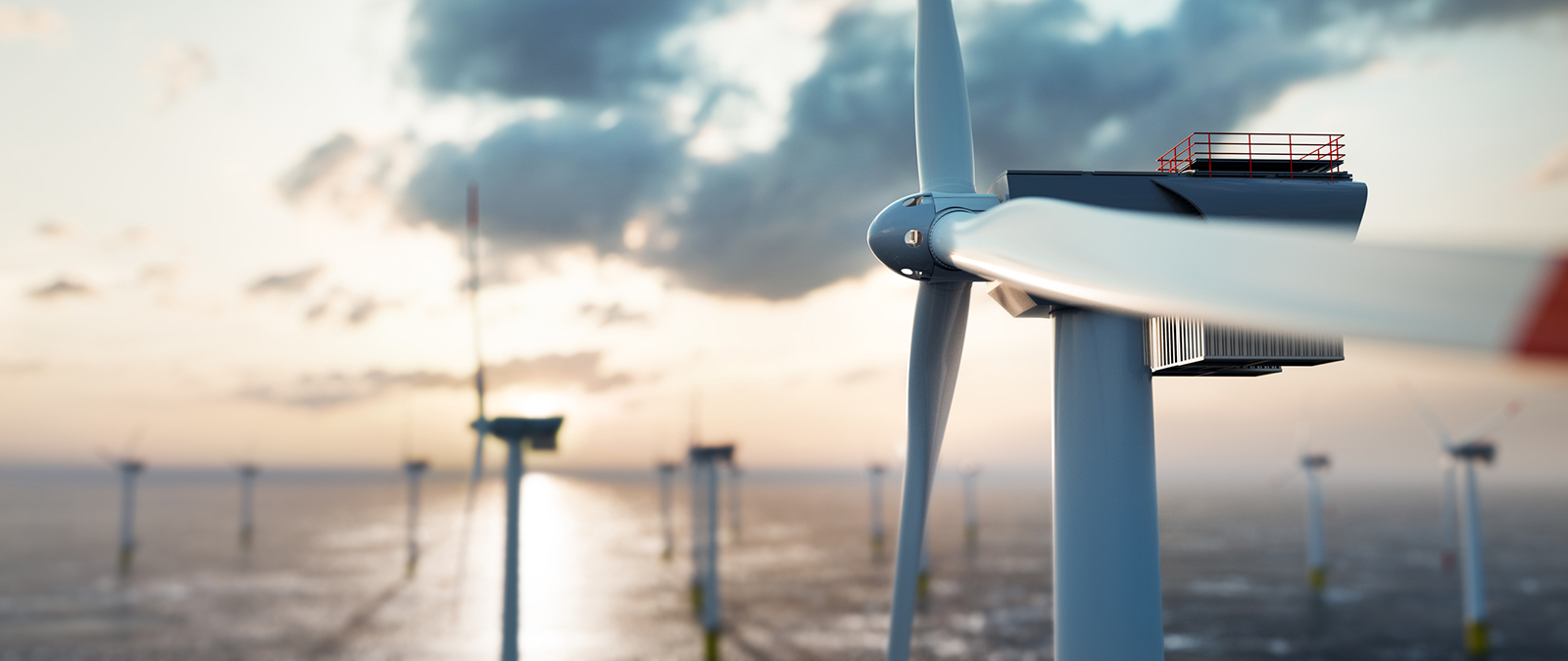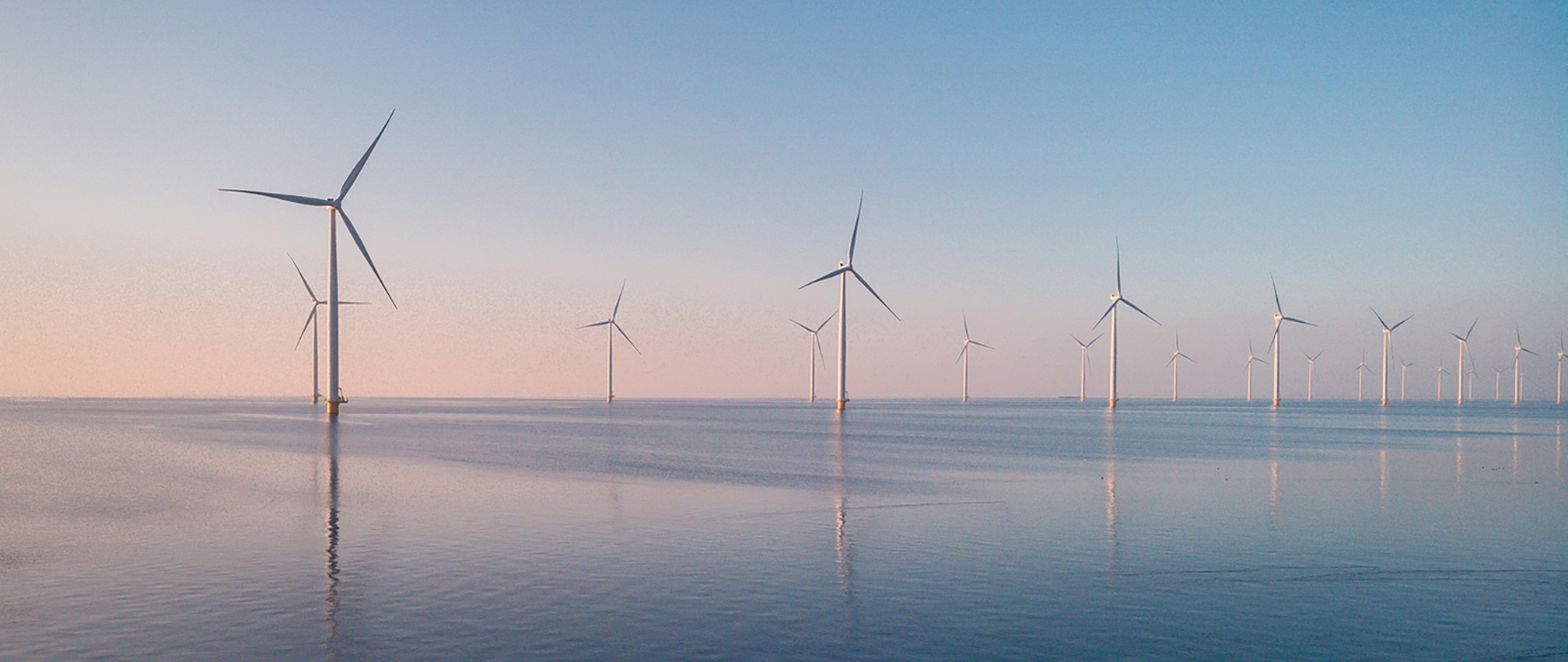Humanity Recklessly Speeding Headlong Down One-Way Street Into Dead End
Solution lies in protecting vulnerable and voiceless, not attacking them
August 17, 2023
It’s no secret why corrupt elected officials keep their programmed-to-be-enraged supporters foaming at the mouth over a light beer, a doll movie, rainbows, pronouns, and books. It’s because their fossil fuel-addicted overlords want to distract society from noticing our hair is on fire and floodwaters are at our waist.

These unconscionable, rich (mostly white) guys also use their political pawns to keep society from scrutinizing the fact the extremely wealthy and powerful (them) are responsible for nearly 50% of global climate emissions while the bottom 50% experience the losses associated with a rapidly warming world. They preach at the church of what is good for individual humans takes precedent over the natural world and the collective we. They believe humans have moral ownership of the planet.
All of that selfishness means those who emit the least amount of greenhouse gases lose the most, while those who emit the most lose the least. Welcome to the world of global carbon inequality. It’s turning into a hellscape. But don’t think you are immune because you live in a wealthy country in a gated community in a home with central air conditioning.
“The climate crisis has begun to disrupt human societies by severely affecting the very foundations of human livelihood and social organisation,” according to the 149-page Climate Inequality Report 2023. “Climate impacts are not equally distributed across the world: on average, low- and middle-income countries suffer greater impacts than their richer counterparts. At the same time, the climate crisis is also marked by significant inequalities within countries.”
Eventually, though, all of us or our descendants will pay the price.
Action on the climate crisis and expanding inequality requires sustained attention. Unfortunately, the collective we is easily distracted. It’s easier to spread hate and conspiracy then look inward and help address emergencies that impact all of us — even senators, congresspeople, Big Oil executives, deniers, and racists.
The main political objective — for many Democrats and most Republicans — is to prevent any type of serious action on either front. Anything that reduces the use of petroleum upsets the caste system. Anything that reduces the gap between rich and poor is labeled “socialism” or “communism” by the enraged who don’t understand the difference, even as they slide further from the top.
Capitalism rules, they scream, but the free market largely created both emergencies. It’s not the solution, at least not by itself.

The climate crisis and inequality are interconnected on multiple levels. Society can’t solve the problems of one without addressing the problems of the other. Their lanes cross, merge, and run parallel. If we are unwilling to treat everyone — no matter their income level, skin color, religious beliefs, or sexual orientation — with respect and dignity, there’s no chance we will safeguard ourselves and the natural world. The proof is everywhere. All you need to do is look.
The struggles and suffering of the poor impact all of us, even if we continue to ignore them and don’t do anything to help. In fact, we do the opposite. Cruelty and disenfranchisement are used to keep control and spread the misery.
Humans and the environment are also explicitly linked. When we assault the other living things we share this planet with, we are really just punching ourselves in the face, repeatedly. Mother Nature allows us to exist. The natural world can survive, indeed thrive, without us. It’s a one-way street, and we’re speeding into a dead end.
The solution to avoiding this crash lies in protecting the vulnerable and voiceless, not attacking and marginalizing them.
For instance, land conservation supports wildlife habitat and movement corridors that help non-human species thrive. It also creates space for humans to relax, exercise, and contemplate. These spaces improve our health and well-being. Protecting wetlands helps mitigate climate change impacts by storing carbon dioxide and buffering communities from flooding and storm surge. Preserving watersheds protects and filters drinking water. Conserving forests makes nature more resilient and helps mitigate the climate crisis we caused.
Conversely, when the voiceless and vulnerable are bulldozed over, lied to, punished for being, taken for granted, and destroyed, they and the biodiversity they support can’t simply be restored by ripping up some pavement or half-heartedly starting an initiative to be best. Restoring both healthy ecosystems and trust takes time, often lots of it. We’re running out of it.
Relentless deforestation, extraction, industrial-scale agriculture, factory farms, and suburban sprawl are butchering, or at the very least fragmenting, the world’s remaining green spaces, contributing to biodiversity loss that is occurring at a rate unprecedented in human history.
The ecosystems that support our existence evolved over eons as complex, intertwined living webs that support life and provide innumerable free benefits — if humans don’t carve them up, pour concrete over them, pave them over, blow them up, or pollute them.
Human activity, from the burning of fossil fuels to the clear-cutting of forests to the filling of wetlands, has pushed the world into the danger zone in seven out of eight demarcated indicators of planetary safety and justice, according to a recently published report by the Earth Commission.
The report, written by an international team of scientists, presents disturbing evidence that the planet faces growing crises of water availability, pollution, and ecosystem breakdown that pose threats to life and worsen social inequality.
“These rapid changes to the Earth system undermine critical life-support systems, with significant societal impacts already felt, and they could lead to triggering tipping points that irreversibly destabilize the Earth system,” the authors wrote. “These changes are mostly driven by social and economic systems run on unsustainable resource extraction and consumption.”
The heat waves that are currently blazing across the United States and much of the rest of the world are only going to get worse — maybe not next year, because of this year’s El Niño effect, but this current situation should serve as an eye-opening warning of things to come. It’s time we stop dismissing the increasingly dire warnings.
A new experimental National Oceanic and Atmospheric Administration forecast system predicts that half of the global ocean may experience marine heat wave conditions by the end of this summer.
The surface temperatures of 44% of the global ocean are already high enough to meet the criteria for a marine heat wave. These periods of persistent warm temperatures can have significant impacts on marine life and on coastal communities and local economies, according to NOAA.
All of this warming has scientists worried that cases of infectious diseases could spike. Warmer winters and milder autumns allow carriers of pathogens — ticks, mosquitos, and fleas, to name a few — to remain active longer.
The climate crisis is also redefining where humans can survive on this overheating sphere. As favorable conditions shift away from the equator and move toward the poles, more than 600 million people have already been stranded outside of the human climate niche that scientists say best supports life.
By late this century, between a third and a half of humanity (3 billion to 6 billion people) could be trapped outside of that zone, facing extreme heat, food scarcity, and higher mortality rates, unless greenhouse gas emissions are drastically reduced and/or mass migration is accommodated, according to a study published in May.
If you believe this mass of fleeing humanity won’t impact you or your kin, you are, besides heartless, severely mistaken.
There is no magic fix. To stop the burning, flooding, retreating, and rampant inequality will require fundamental societal reconstruction.
We need to begin with breaking the grip of the filthy rich, because, as George Monbiot, a British environmental and political activists, writes, the “richer a fraction of society becomes, the greater its political power, and the more extreme the demands it makes. What the ultra-rich want is to sustain and extend the economic system that put them where they are.”
It’s putting us on the endangered species list.
Frank Carini can be reached at [email protected]. His opinions don’t reflect those of ecoRI News.




My favorite slogan is “You cannot heal ecosystems without ending poverty,. You cannot end poverty without healing ecosystems”. Recently I have been working from the premise that we need to put ending the climate catastrophe at the very center of our efforts to provide livelihoods for all of our community. Climate Justice must be the core of economic development activities and planning. Too often our work to end the climate catastrophe is at the edge of economic development planning. That is not good enough. it must be its core. But our politicians are still stuck on stupid, protecting the old order and unwilling to see where things are going. Change is needed, and we must work to see that it happens fast enough.
I am (always) in 100% agreement with all your articles, therefore I am commenting by way of an addendum, not a criticism. I agree that the super filthy rich certainly have the power to lobby in order to make real, systemic changes in this capitalistic system we have here. However, it is possible for the average citizen make a difference by opting to drive at the speed limit to use less gasoline, arranging to use ones car less, use less pesticides, ….etc…….I would be encouraged if I saw more evidence of the average not super rich citizen caring enough to make environmentally beneficial lifestyle changes?